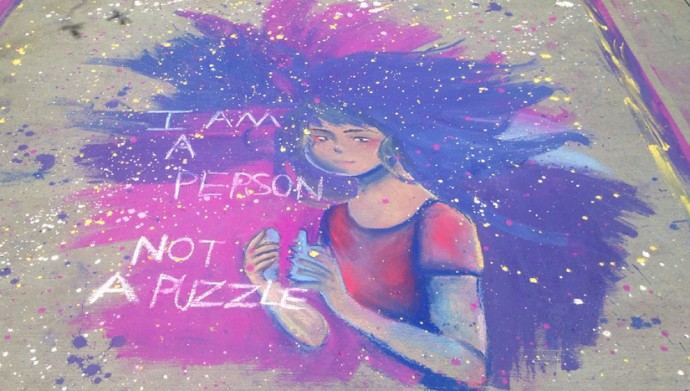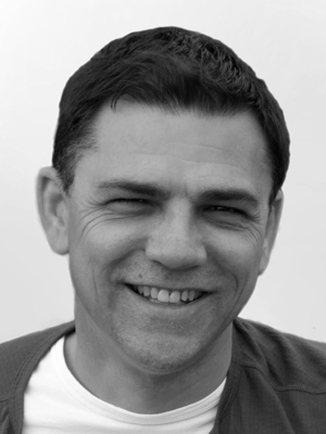|
As a counsellor, one of the things I notice is how people use language. For instance, Narrative Therapy works on the basis that the stories we tell about ourselves, and the stories that are told about us help to form our identities, for better or worse.
How we talk about things matter, and I have recently been introduced to some of the ways in which autistic people have been talking about the language used to describe them. Part of my practice in my professional career working with people with a learning disability, has been about using non-discriminatory language. To speak about people, as people first and disability second. To consciously recognise the person and not their disability. For me, my natural language would be to talk about "people with autism", and not "autistic people". However, people like autistichoya are challenging that concept. She argues that this person-first language is a form of discrimination, It is impossible to affirm the value and worth of an Autistic person without recognizing his or her identity as an Autistic person. Referring to me as "a person with autism," or "an individual with ASD" demeans who I am because it denies who I am.
Source austichoya.com
Autism for autistichoya, is not some add on, that she, the person, can be separated from. Rather it is a key part of her identity. To describe her as someone with autism is to ignore the reality of autistichoya the person. And I return to Narrative Therapy's idea that how we tell stories about ourselves helps to form our identities. Autistichoya's article is well worth reading in full. This shift in narrative can perhaps be traced back to Jim Sinclair's, 1993 essay "Don't Mourn for us" which can be listened to on Youtube. For me this part of his speech stands out, There's no normal child hidden behind the autism. Autism is a way of being. It is pervasive; it colors every experience, every sensation, perception, thought, emotion, and encounter, every aspect of existence. The movement begun by Jim Sinclair has led to the creation of a new word, neurodiversity, to describe the experience of autism. It was first used by journalist Harvey Blume and autism advocate Judy Singer in the late 90's. Rather than seeing autism as a disability, this word invites us to see autism as part of a range of human difference. Neurodiversity is thus part of the human condition. Autism shifts from being a 'lifelong developmental disability' to an individual who is neurodivergent or neurodiverse; their brain is wired differently to someone who is neurotypical. This shifts the narrative of talking about someone who is abnormal, to someone who is atypical. It becomes the language of difference. So rather than talking about how we might correct the abnormality, we start talking about how we can accomodate difference, in the same way we might talk about cultural or racial difference. The language of neurodiversity, has spread out to refer to other neurodivergent groups, such as dyspraxia, dyslexia, and ADHD. In thinking about how we talk about autism, Debra Muziker (above), goes further into thinking about the symbols used to represent autism. She questions the National Autistic Society's, now no longer used, symbol of a puzzle piece for a 'puzzling condition' and embraces symbols with rainbow colours that loop and join up. Exploring the impact of language in this way helps me reflect on my own use of language, and to consider more carefully my own descriptions of identity; leading me to reflect on how I consider myself as having or being a particular trait. And although the language of neurodiversity feels somewhat medical and technical, I find that the shift it encourages from thinking about autism as an abnormality to understanding it as a form of difference often very helpful for the people that come to see me. How we talk about it very much matters.
title image by Iva Villi
1 Comment
Leave a Reply. |
Categories
All
Archives
January 2021
|
BioI'm Mark, a Humanistic Counsellor. |
Home - Testimonials - Articles - Links - Contact - Book Appointment - Counselling Students - Privacy Policy - Terms
Mark Redwood, BA (Hons) Counselling, MBACP
© Mark Redwood 2015, 2016.2017 | Main portrait by Doug Freegard © 2015



 RSS Feed
RSS Feed